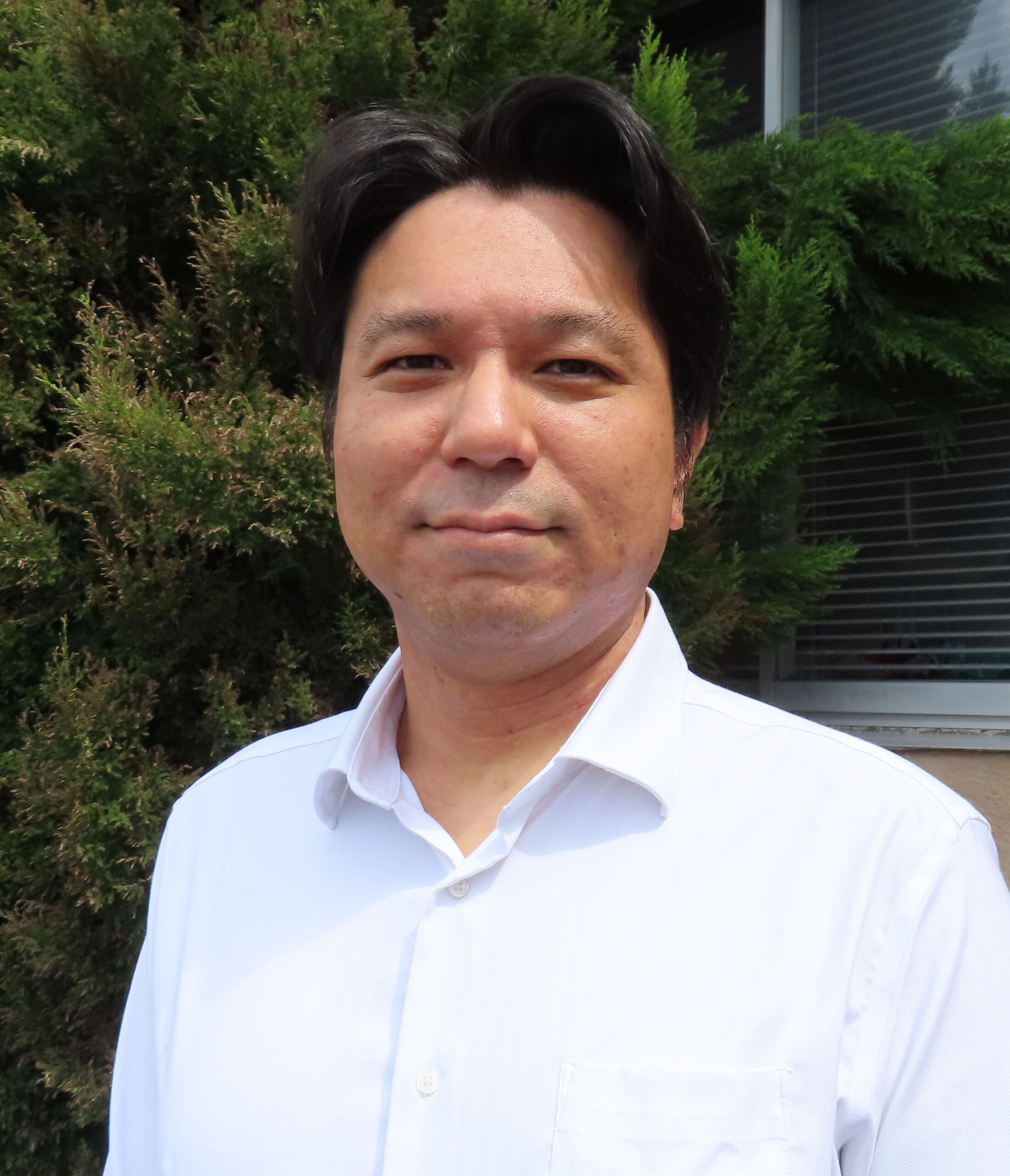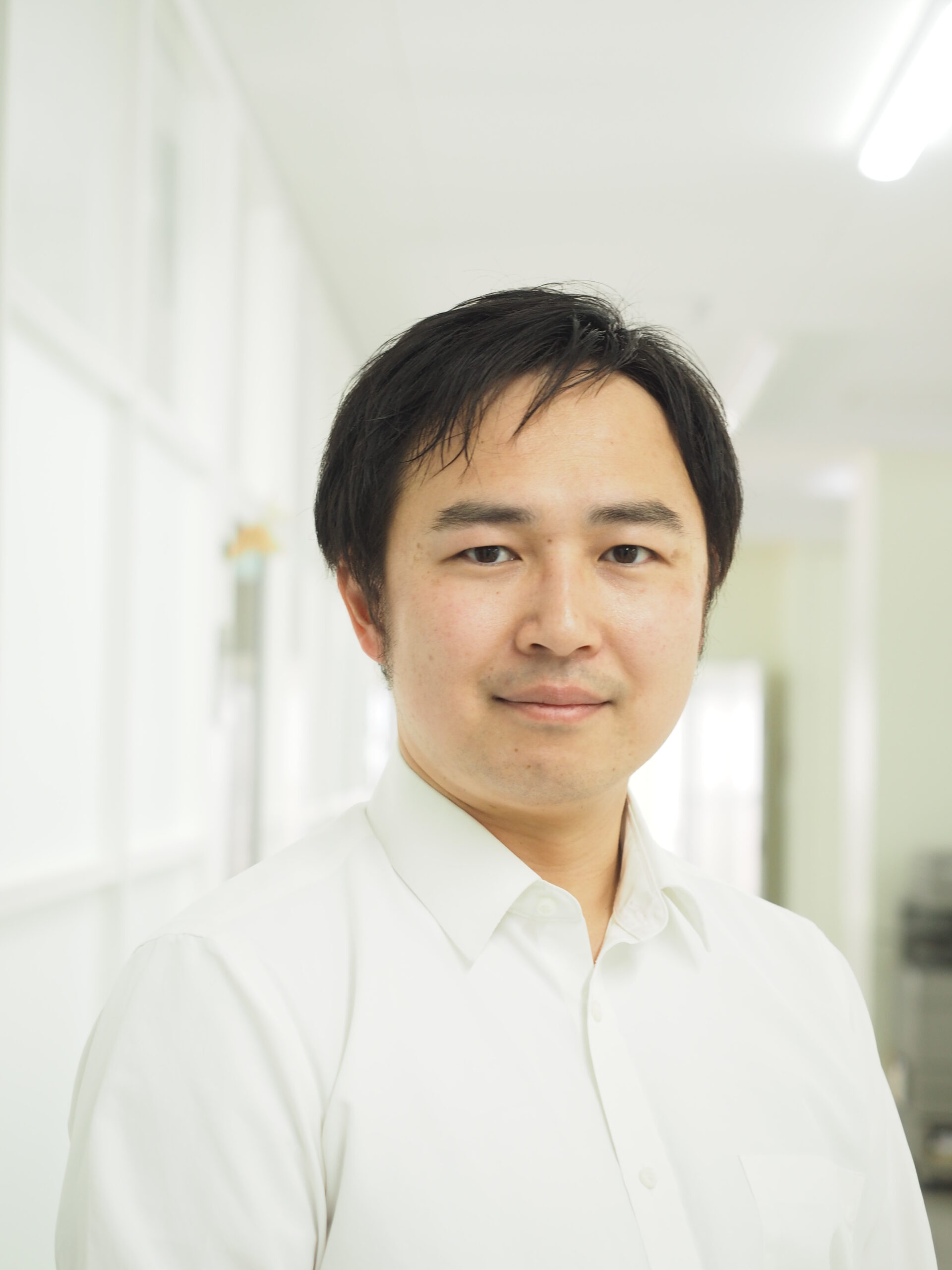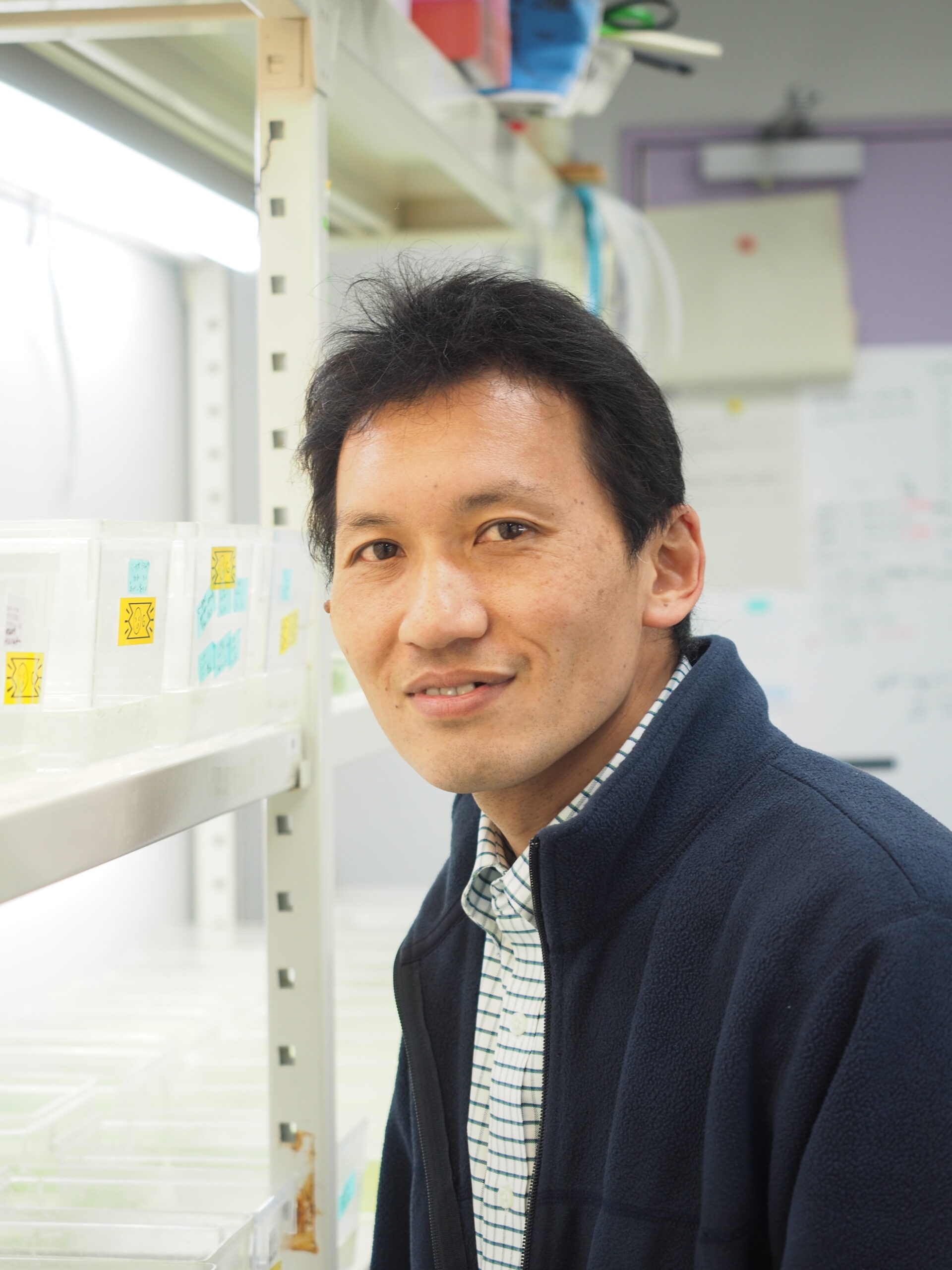A Multi-Omics Approach to Understanding Wild Strawberries

Commercially grown strawberries (2n = 56) possess a genome composed of multiple subgenomes inherited from their ancestral species, wild strawberries (2n = 14). Compared to cultivated strawberries, which have undergone selective breeding, wild strawberries, shaped by random natural selection, exhibit simpler genome structures and greater genetic diversity. This makes them ideal resources for isolating genes that contribute to advantageous phenotypes and for developing genetic markers useful in breeding.
Despite the significant commercial value of strawberries worldwide, and their status as the second most produced vegetable in Japan after tomatoes, our understanding of their biological characteristics remains surprisingly limited. By integrating omics data—such as genomics, transcriptomics, and metabolomics—we aim to uncover the mechanisms by which strawberries respond to pathogens, pests, and environmental stress, as well as the causes of physiological disorders. Through these insights, we hope to develop valuable genetic markers and establish a platform for chemical analysis, including plant hormones, which will contribute to advancements in future strawberry breeding and cultivation.
PEOPLE
The Utsunomiya University Wild Strawberry Project is a key initiative led by the Plant Molecular Agricultural Division, established by the Bioscience Research and Education Center. By leveraging cutting-edge expertise from diverse fields—such as plant breeding, plant cell engineering, plant pathology, plant physiology and chemistry, and bioinformatics—under the leadership of pioneers in strawberry physiology and molecular biology, we aim to shed light on the true potential of wild strawberries. Our ultimate goal is to enhance strawberry cultivation and to establish a research hub for plant and breeding sciences.
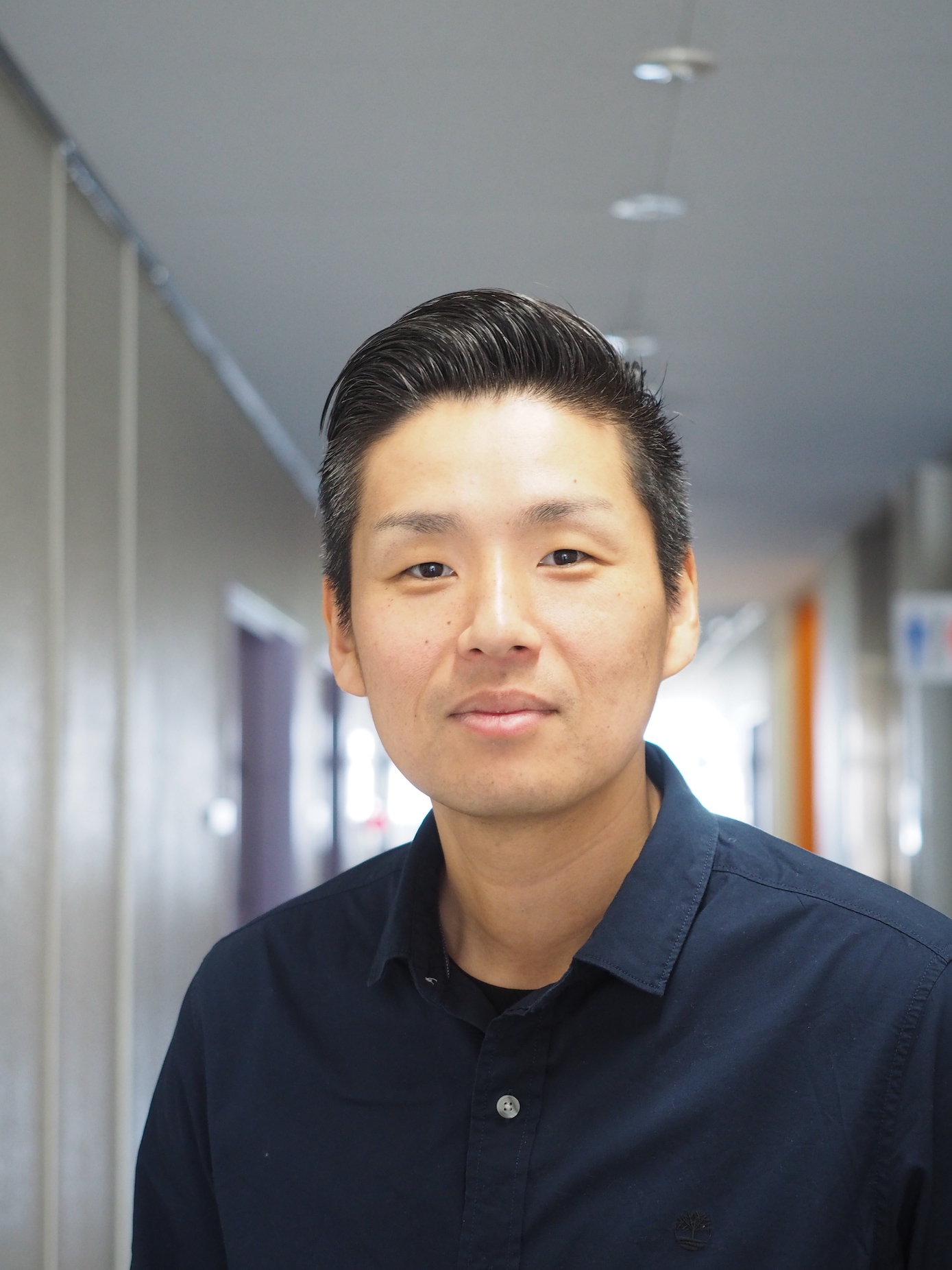
Project Leader
Prof. Yutaka Kodama
ORCiD
Overall supervision of the research, functional analysis of wild strawberries using molecular biology techniques.
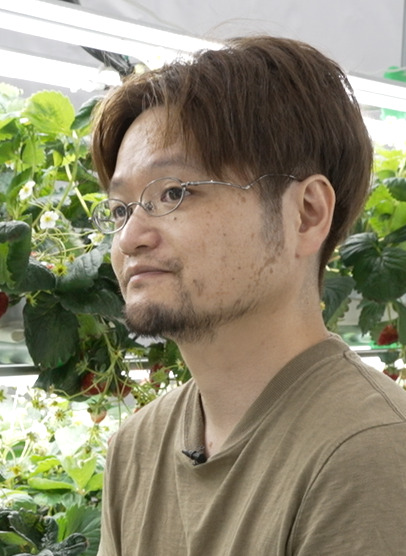
Research Supervisor
Assoc. Prof. Takeshi Kurokura
ORCiD
Overall supervision of the research, functional analysis of wild strawberries using molecular biology techniques, sample collection, and cultivation.
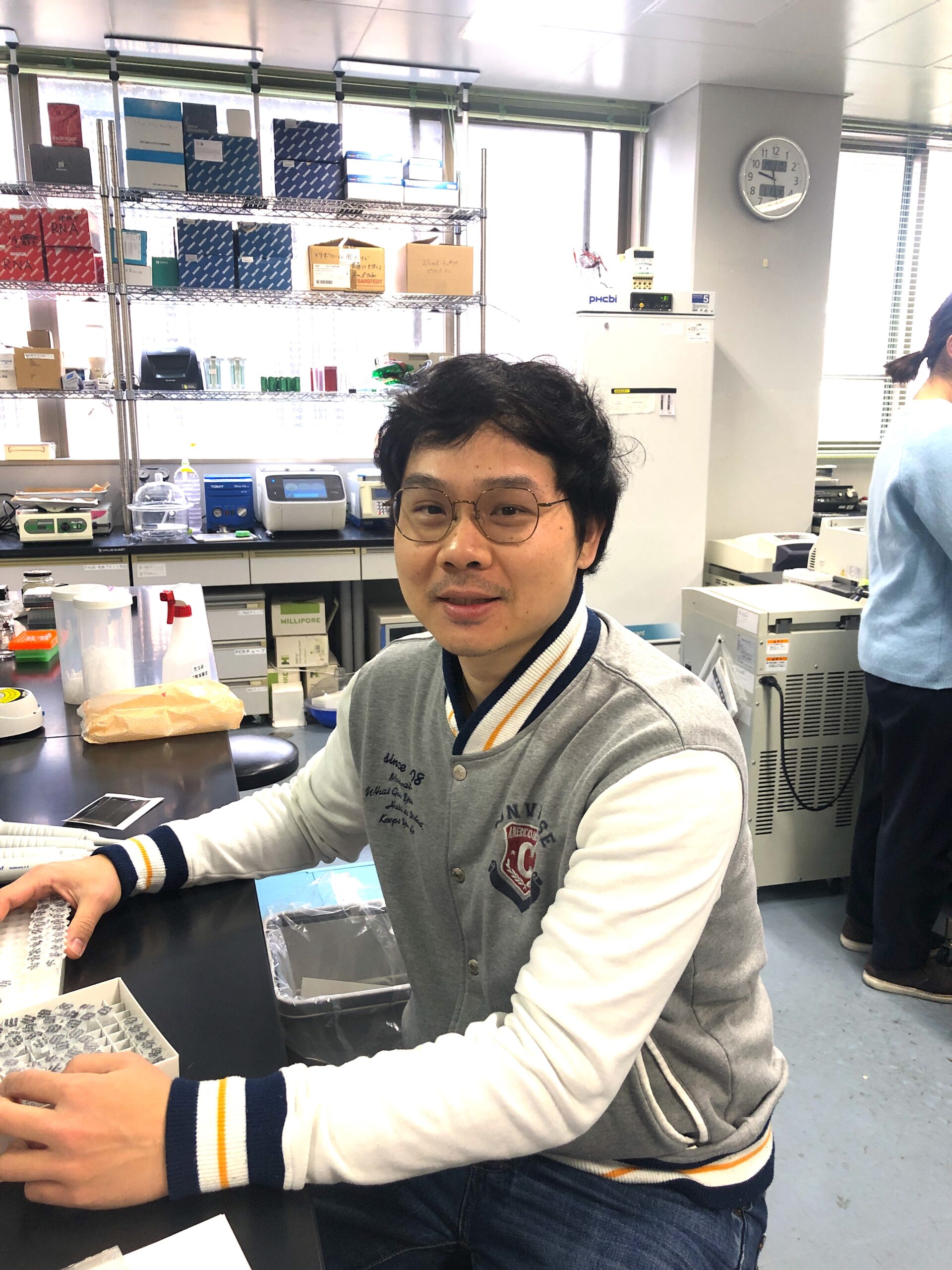
Sp. Asst. Prof. Chonprakun Thagun
ORCiD
Functional analysis of wild strawberries using molecular biology techniques.
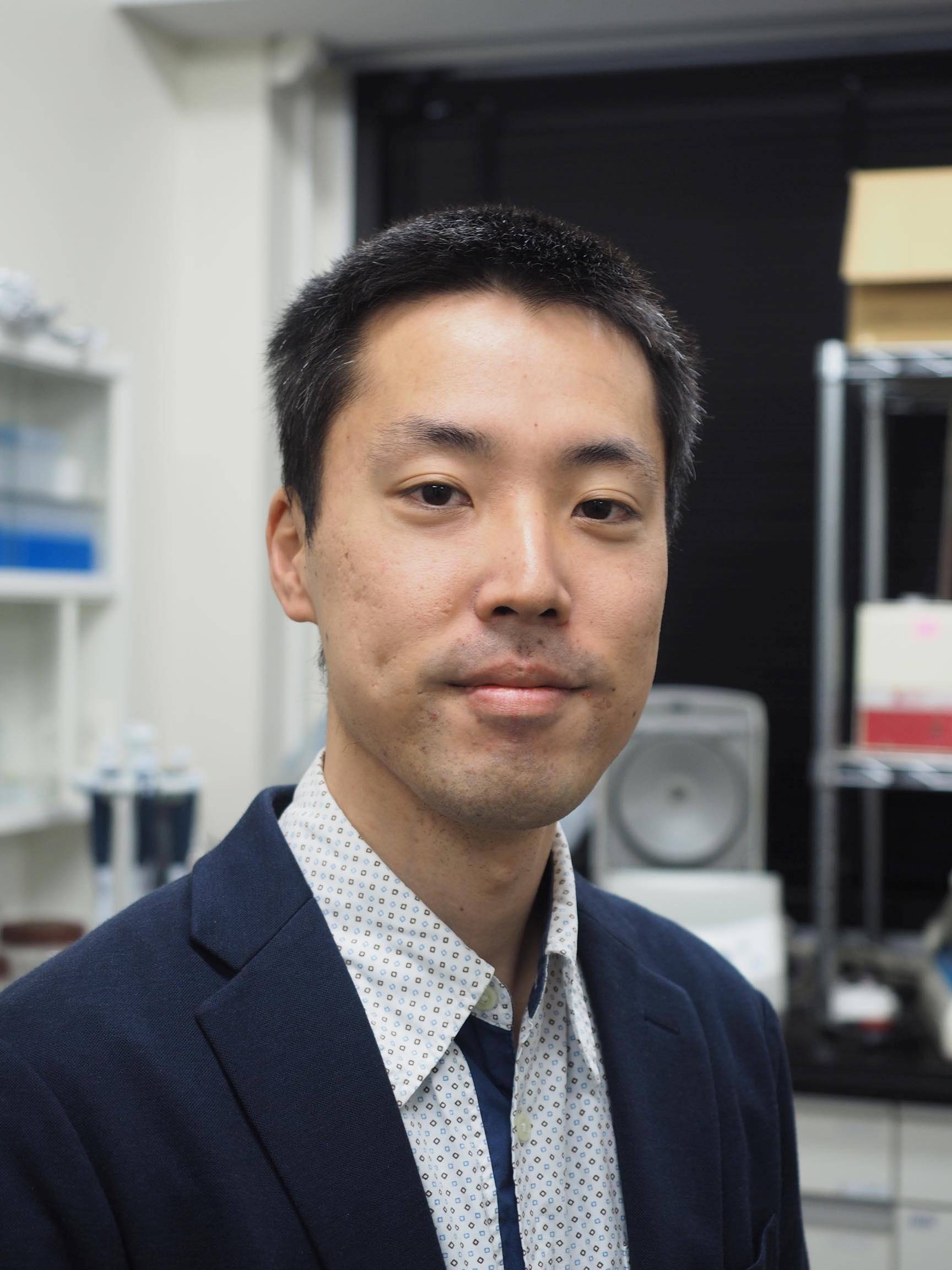
Asst. Prof. Yutaro Neriya
ORCiD
Inoculation of pathogens, including Colletotrichum spp. (causative agent of anthracnose in strawberries), and evaluation of their effects.
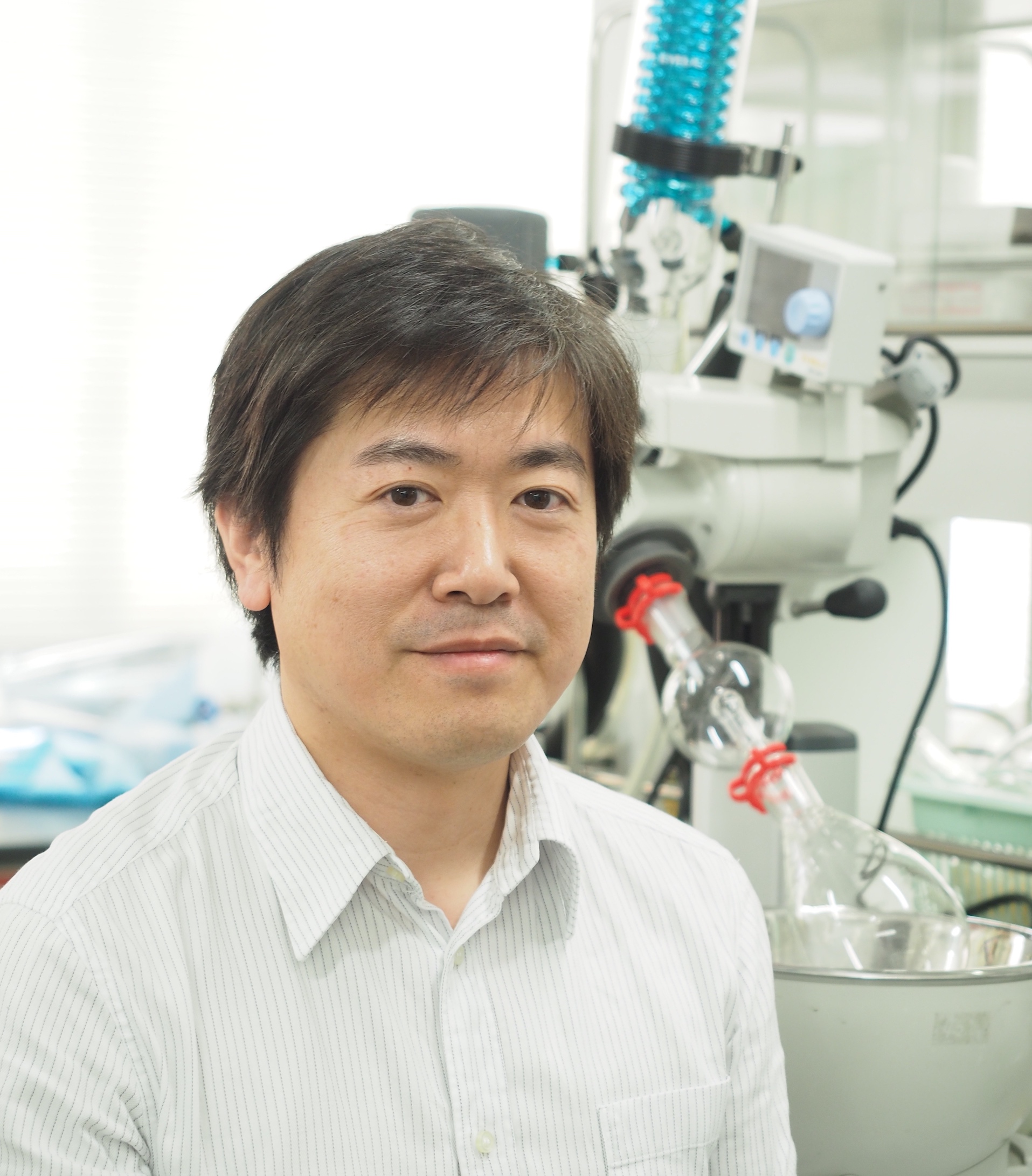
Assoc. Prof. Takahito Nomura
ORCiD
dentification, quantification, and metabolomic analysis of plant hormones.
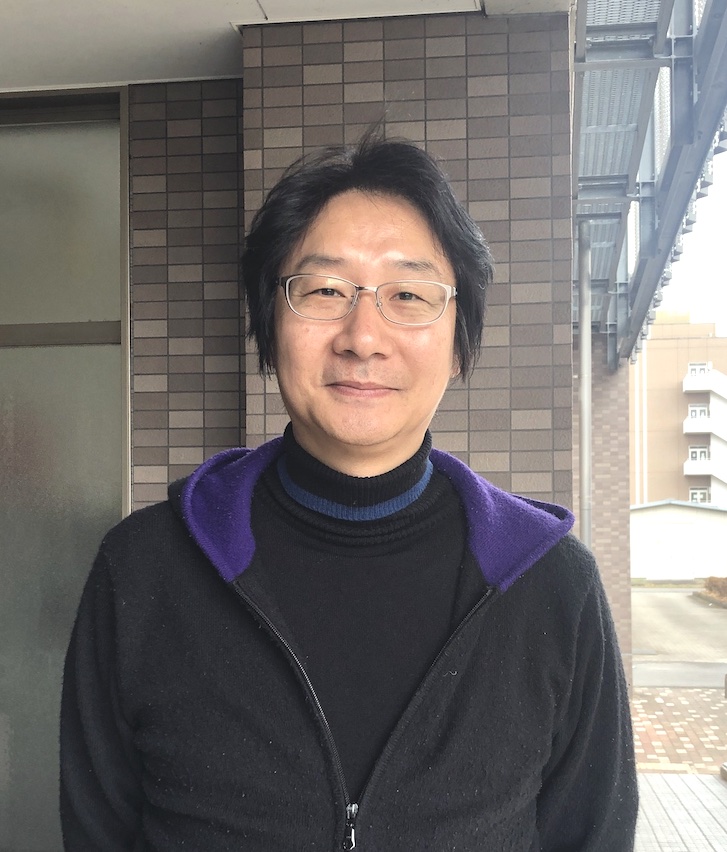
Assoc. Prof. Xiaonan Xie
ORCiD
Identification and quantification of bioactive compounds in wild strawberry using mass spectrometry, metabolomics analysis and identification of plant hormones involved in growth over time.
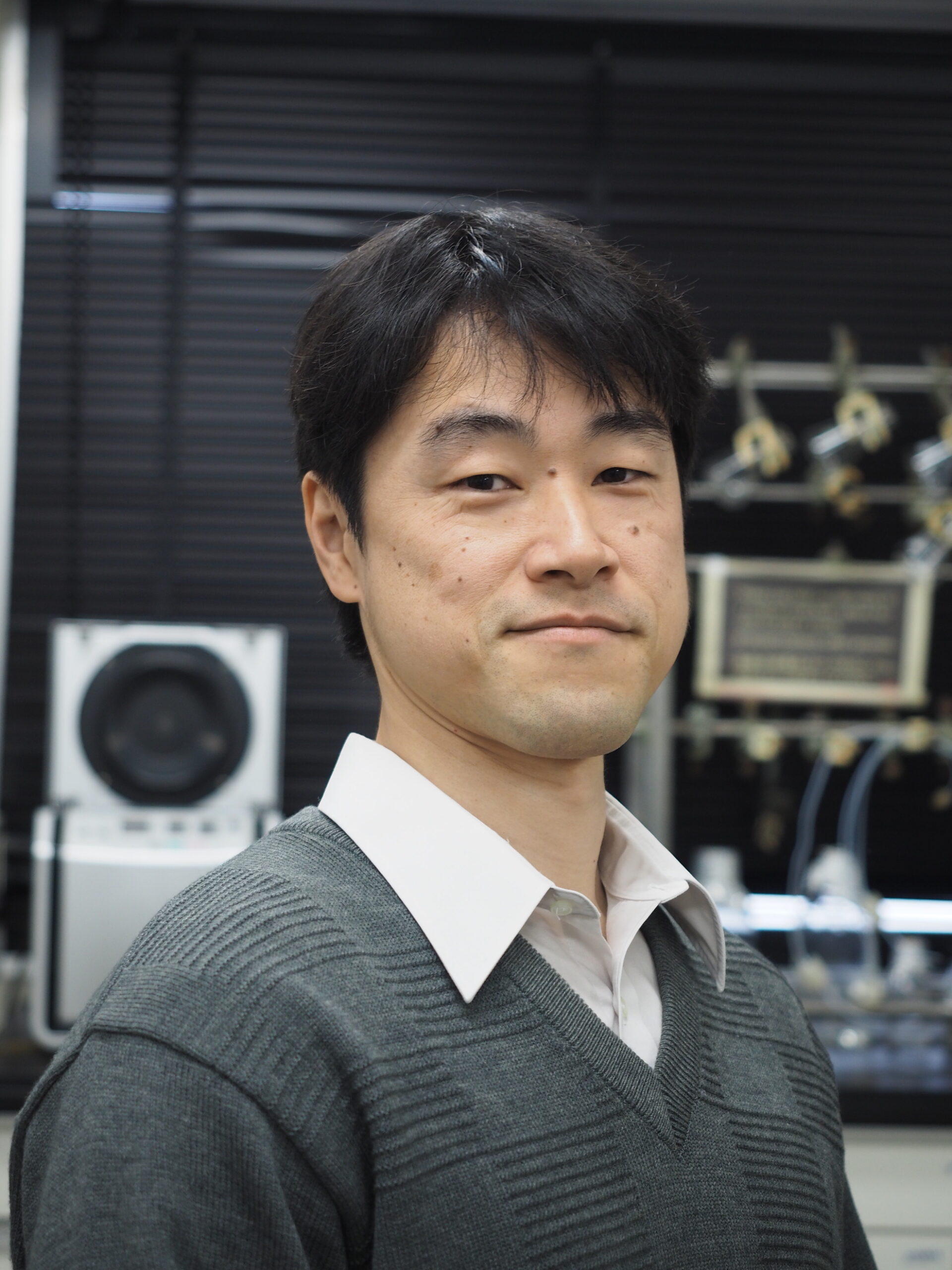
Assoc. Prof. Hisashi Nishigawa
ORCiD
Inoculation of pathogens, including Colletotrichum spp, and evaluation of their effects.
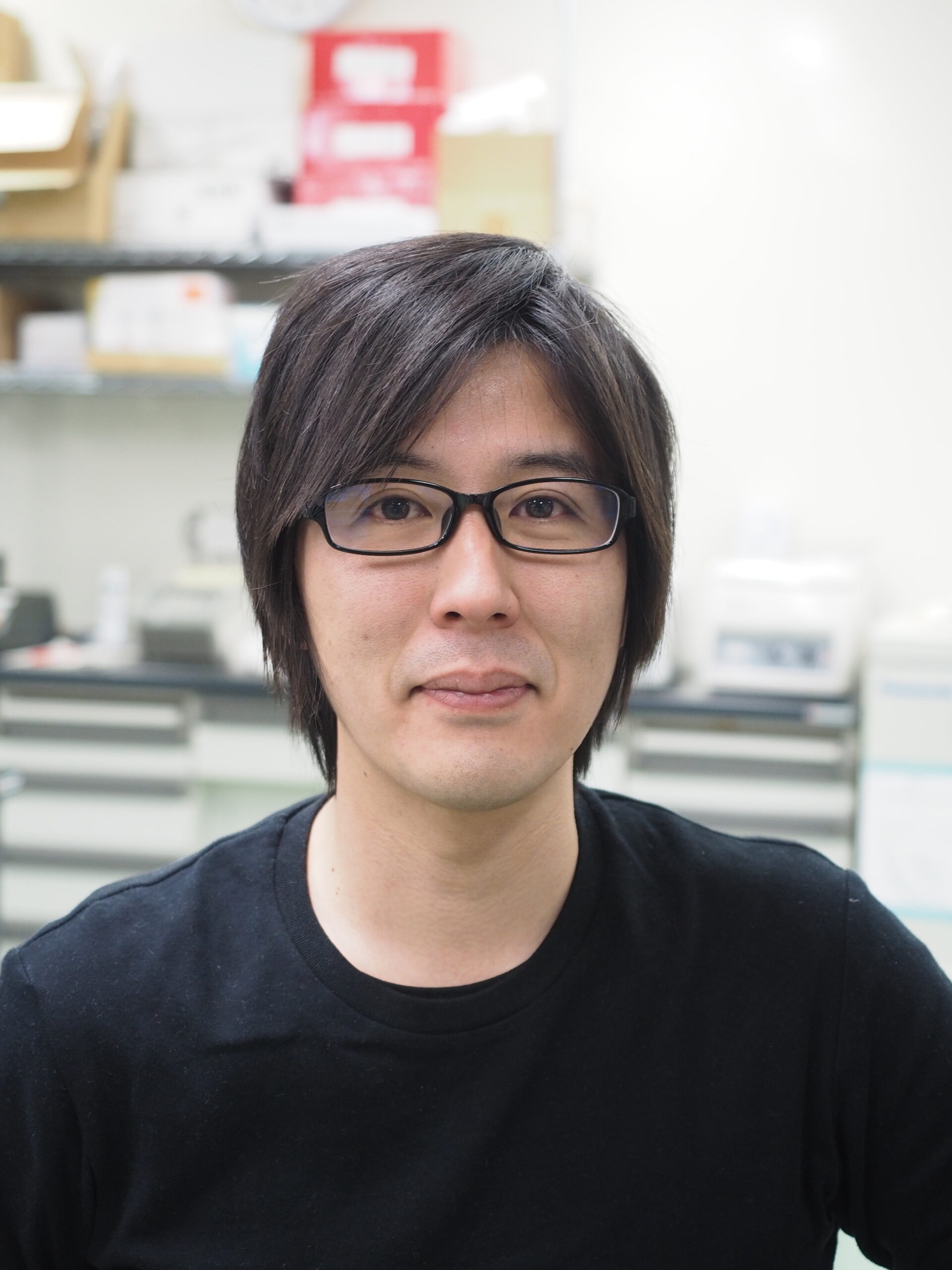
Assoc. Prof. Tomohiro Suzuki
Research Gate
Genome analysis, transcriptome analysis, and isolation, purification, and structural determination of functional proteins from Colletotrichum spp.
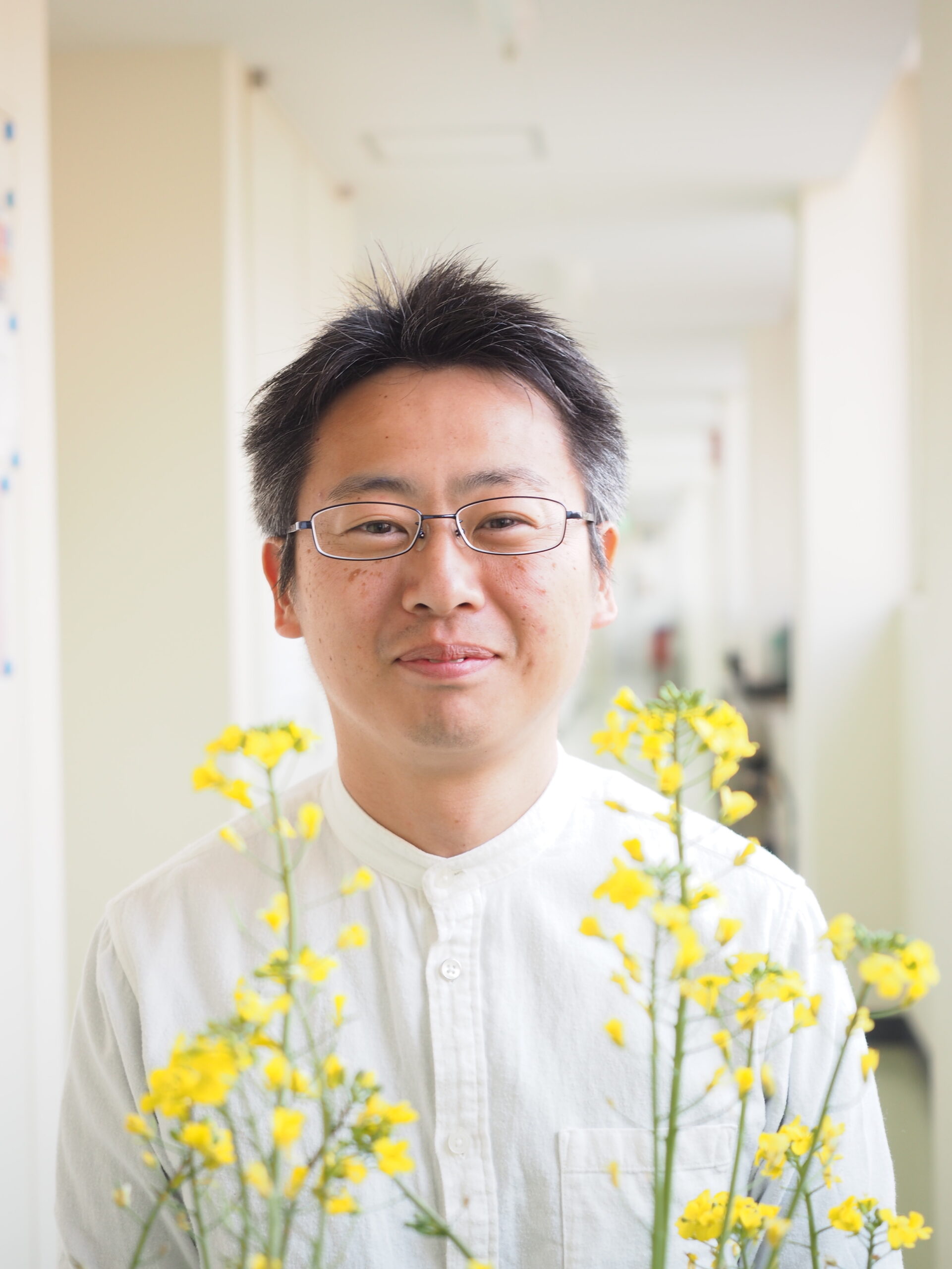
Assoc. Prof. Takayuki Ohnishi
ORCiD
Polyploid breeding of strawberries, development of genome editing techniques, and grafting technology.
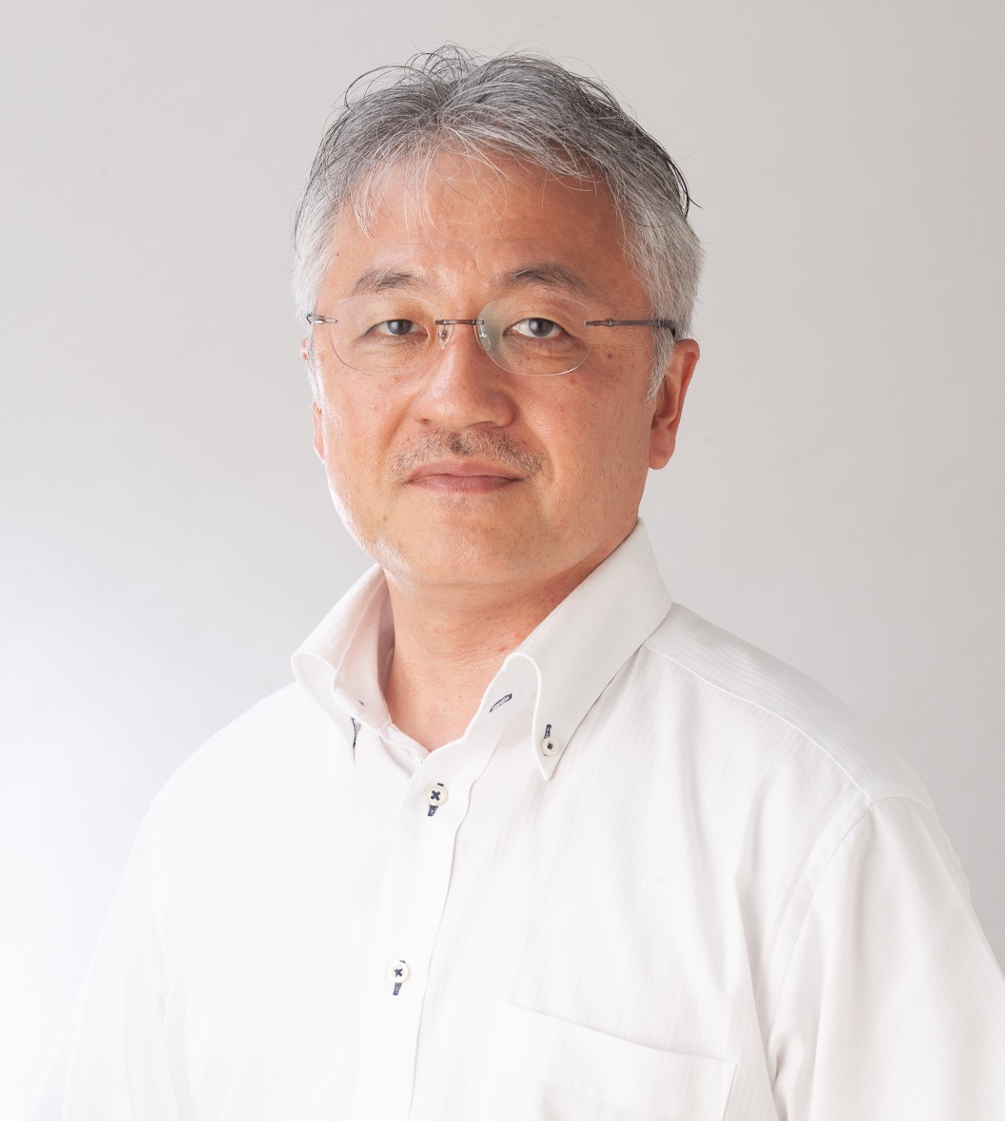
Prof. Yukihito Kabuyama
ORCiD
Analysis of the nutritional and physiological effects of wild strawberries.
Special Advisor
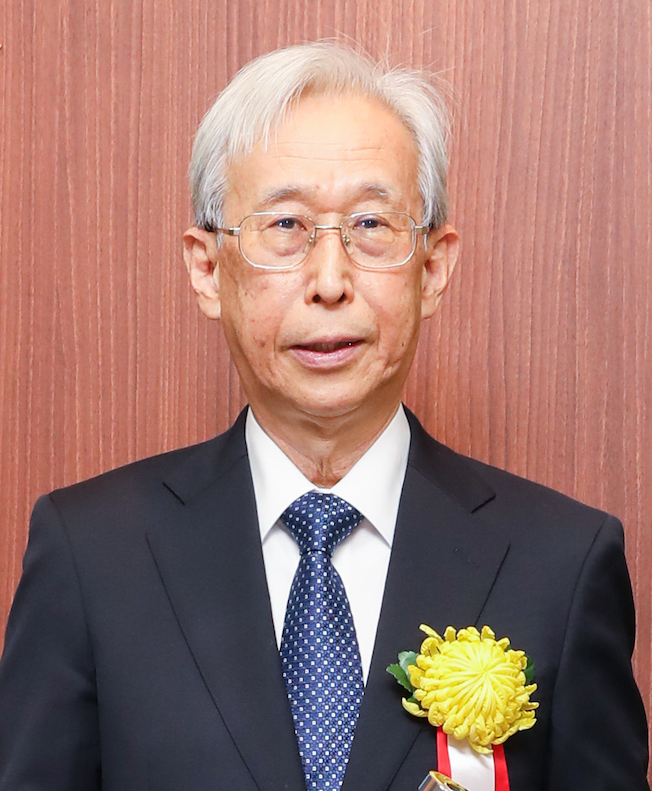
Dr. Kazuo Shinozaki is a renowned researcher with a focus on regulatory gene networks in plants, particularly in relation to environmental stresses such as drought. In 2023, he was recognized as a Clarivate Highly Cited Researcher. Throughout his distinguished career, Dr. Shinozaki has worked as a researcher at the National Institute of Genetics, served as a faculty member at Nagoya University, and directed the Plant Science Center at RIKEN. Since 2020, he has been a special advisor at the Center for Bioscience Education and Research at Utsunomiya University. His contributions to the field have earned him several prestigious accolades, including the International Prize for Biology in 2020, Japanese Society of Plant Physiologists (JSPP) Awards in 2009, and the Japan Academy Prize in 2023.




